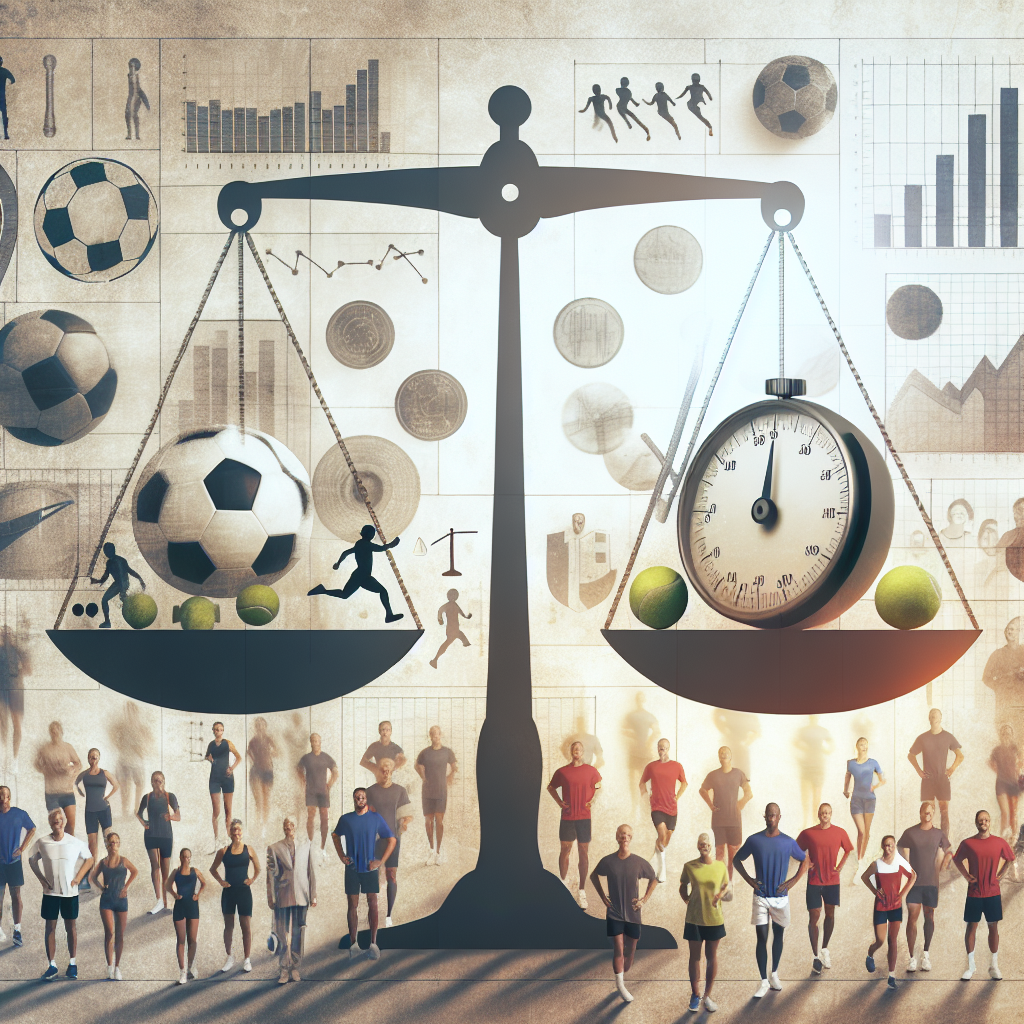How to Evaluate Your Player’s Development in Volleyball Beyond Playing Time and Statistics
When it comes to volleyball player development, many coaches and players rely heavily on playing time and statistics to gauge improvement. While these metrics are valuable, they do not offer a complete picture. Understanding a player’s growth involves observing a variety of factors that contribute to their overall performance and potential. In this blog post, we will explore effective strategies for evaluating a volleyball player’s development that go beyond traditional statistics and court time.
1. Assessing Technical Skills
Technical skills form the foundation of any athlete’s performance, particularly in a sport as nuanced as volleyball. When evaluating a player’s development in this area, consider the following:
- Serving: Is the player developing a consistent serve that they can execute under pressure? Are they experimenting with different serves like floaters and topspin?
- Passing: How well does the player receive serves and attacks? Look at their ability to platform correctly and their overall set choices.
- Setting: Evaluate the player’s touch, decision-making, and the ability to read the game. Are they becoming more accurate with sets and creative with their choices?
- Attacking: Look at the player’s hitting technique and approach. Are they developing a variety of shots, including line and cross-court hits?
By regularly analyzing technical skills, coaches can pinpoint specific areas for improvement and create targeted drills to enhance player performance.
2. Tactical Understanding
Beyond technical skills, a player’s understanding of game strategy is crucial for their development in volleyball. Key aspects to evaluate include:
- Game Awareness: Is the player aware of their positioning on the court in different situations? How effectively do they read the opposing team’s plays?
- Decision Making: Are they making quick decisions during plays that contribute positively to the team’s strategy?
- Communication: How well does the player communicate with teammates? Assessing their ability to call plays or give constructive feedback is essential.
Using video footage of games to review tactical decisions can provide insights that statistics alone can’t reveal.
3. Mental Resilience
Mental toughness is often cited as one of the key factors for success in sports, including volleyball. Evaluating a player’s mental resilience can be conducted through the following:
- Response to Failure: Observe how the player reacts to mistakes on the court. Do they exhibit frustration, or do they refocus quickly?
- Focus: Assess their concentration levels during practice and games. Are they consistent in maintaining focus throughout long rallies?
- Confidence: Evaluate whether the player displays self-belief in their abilities, especially during high-pressure situations.
Fostering mental resilience in players can be just as important as physical training, and understanding this aspect of their development can help tailor coaching methods.
4. Team Contribution and Leadership
Volleyball is a team sport, and a player’s ability to contribute positively to the team dynamic is paramount. Consider evaluating:
- Teamwork: Is the player supportive of teammates? Do they encourage others during games and practices?
- Leadership Skills: Does the player take initiative on and off the court? Are they vocal during games and willing to help others improve?
- Adaptability: How well does the player adjust to different roles or positions within the team based on game needs?
The ability of a player to work cohesively with teammates often speaks volumes about their development and maturity on the court.
5. Physical Conditioning
Physical fitness and conditioning play a critical role in volleyball player development. Players must not only master skills but also have the stamina and strength to execute them effectively. Evaluate:
- Endurance: Can the player maintain high levels of energy throughout matches? Are they completing conditioning drills effectively?
- Strength: Is there noticeable improvement in the player’s strength, particularly in their legs and core, which are essential for jumping and stability?
- Injury Prevention: Are they taking proper steps to avoid injuries, such as incorporating warm-ups and cool-downs into their routine?
Well-rounded physical conditioning directly correlates with a player’s ability to perform and greatly influences their development over time.
Conclusion
In conclusion, evaluating volleyball player development requires a holistic approach that goes beyond mere statistics and playing time. By focusing on technical skills, tactical understanding, mental resilience, team contribution, and physical conditioning, coaches and players can foster an environment that promotes growth and improvement. Engaging in these evaluations provides a more comprehensive understanding of a player’s journey in volleyball and sets the foundation for long-term success both individually and as part of a team. Emphasizing these areas can lead to a more enriched and fulfilling experience for every volleyball player.



